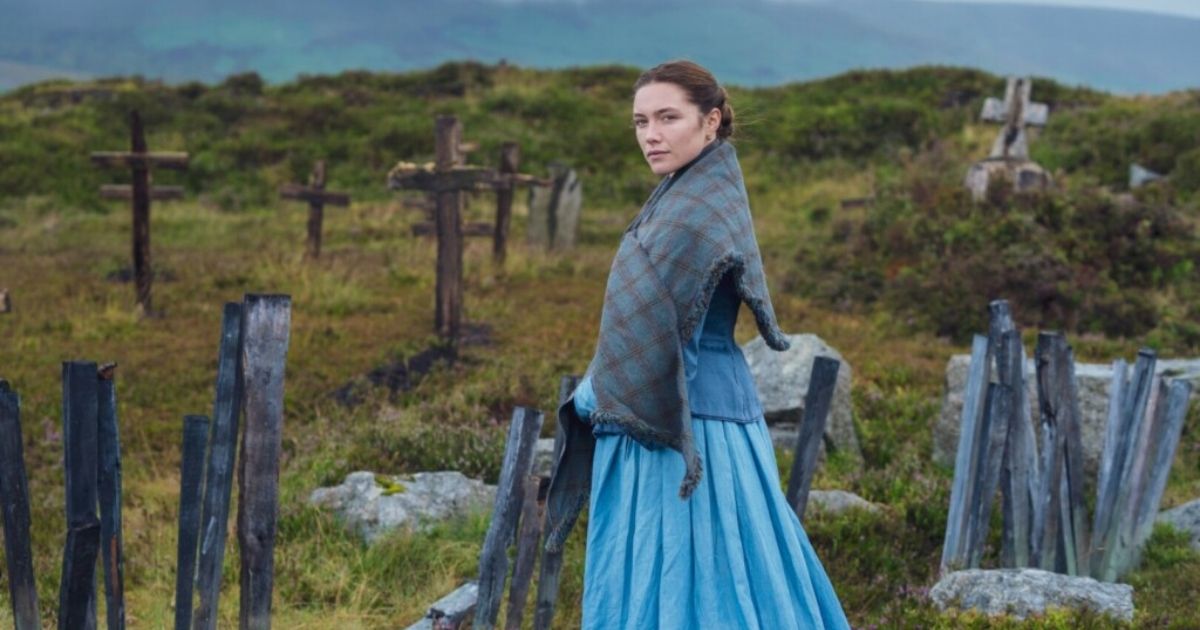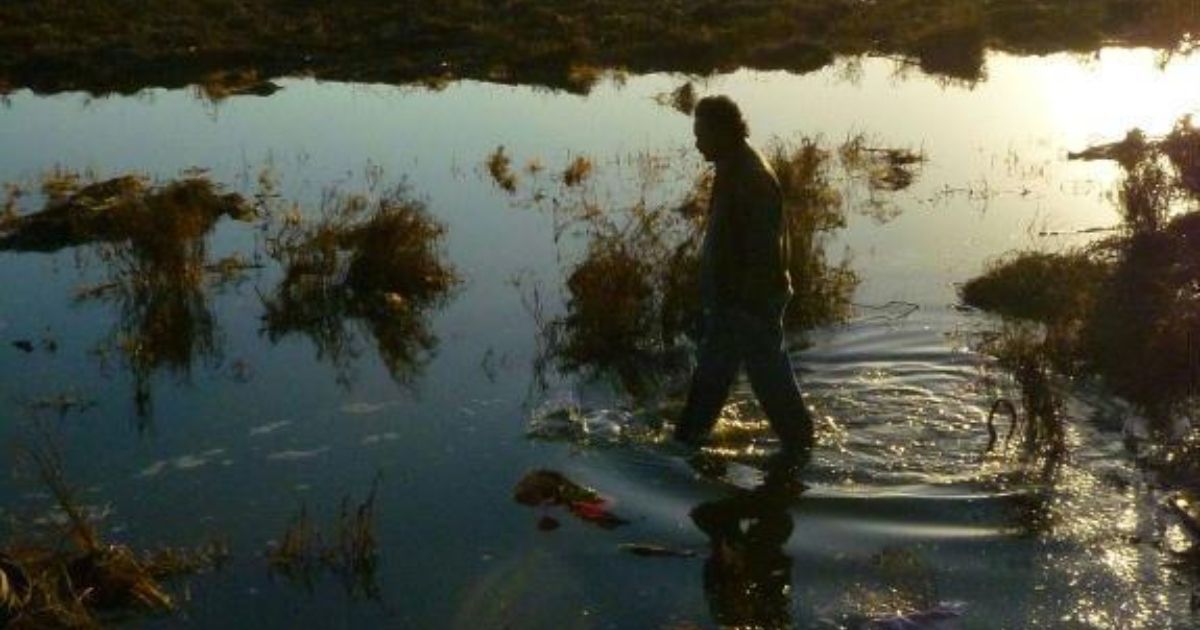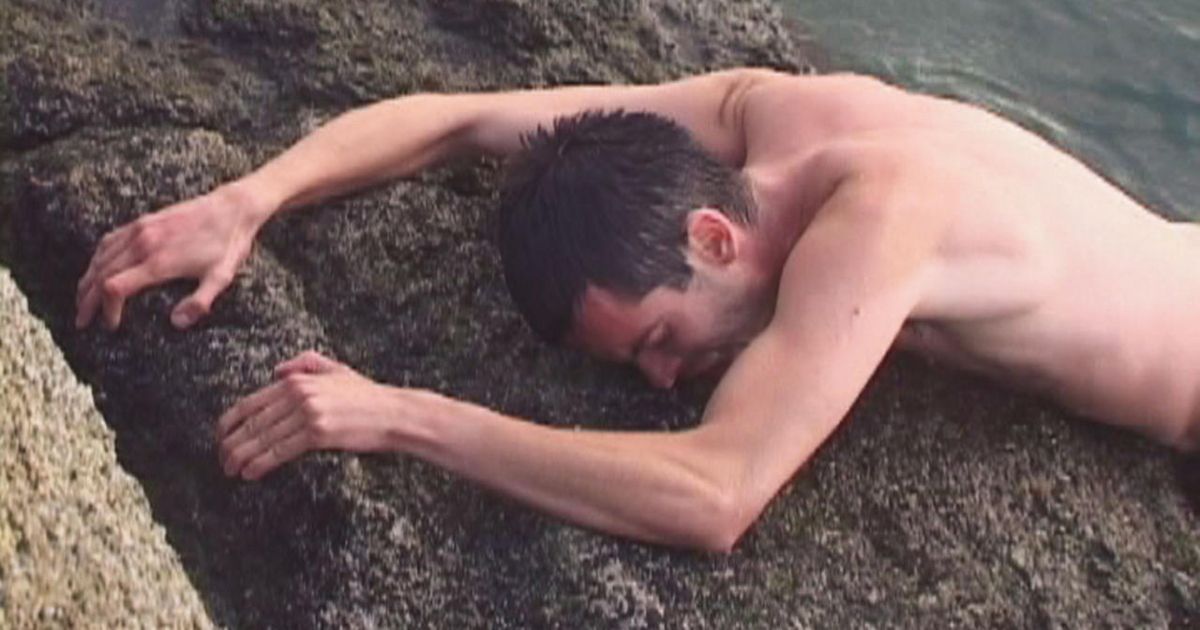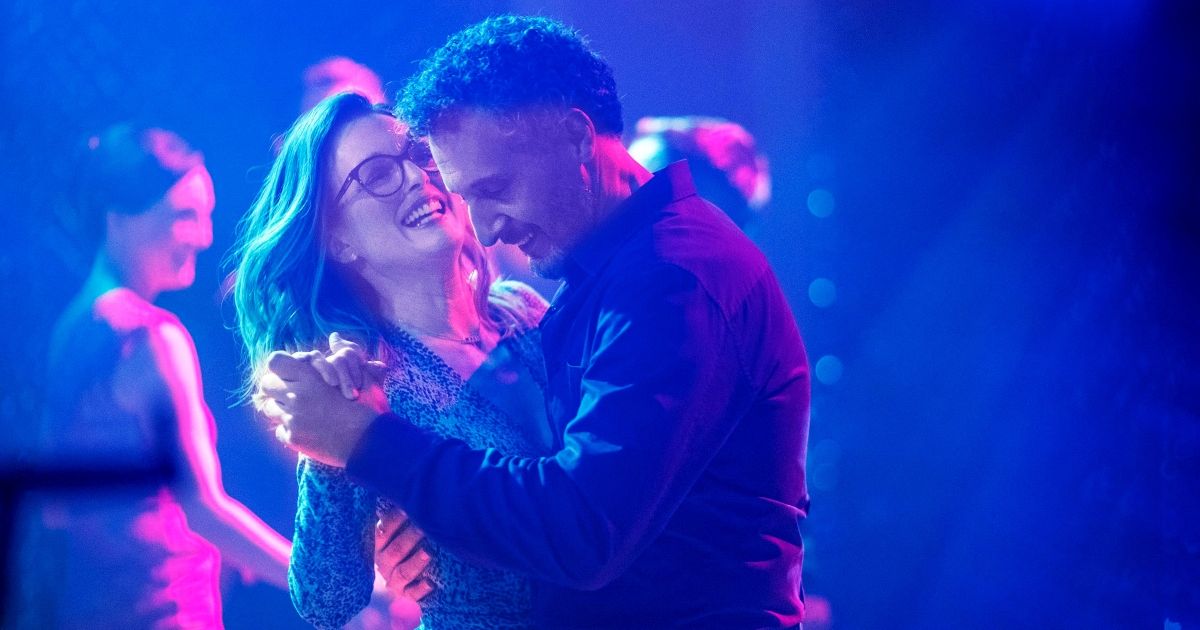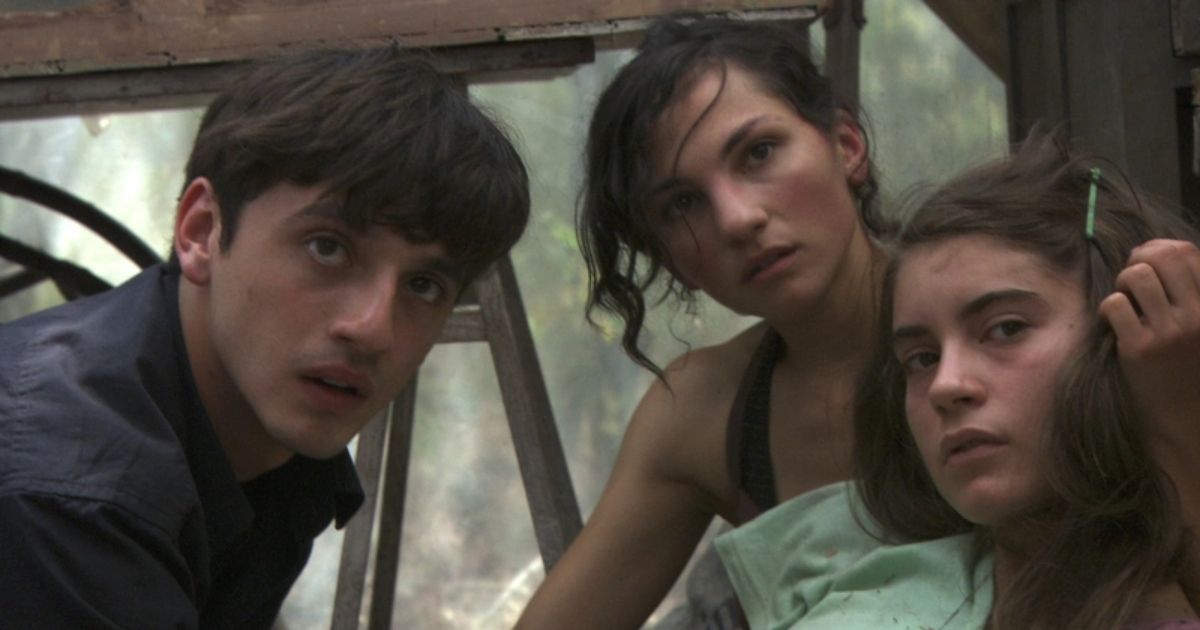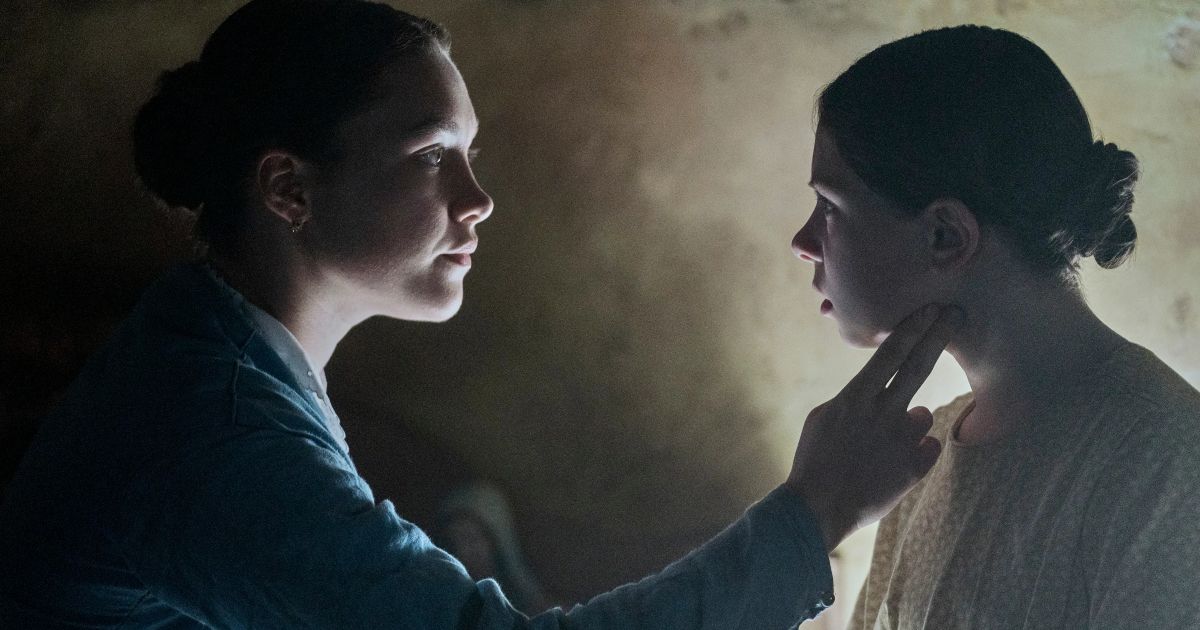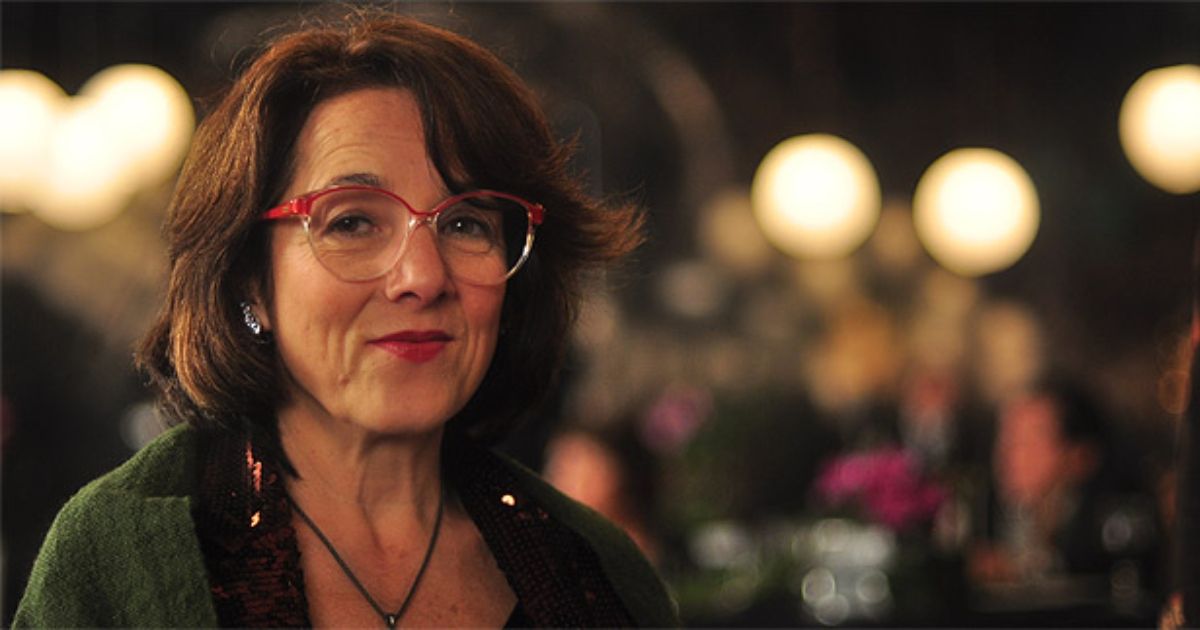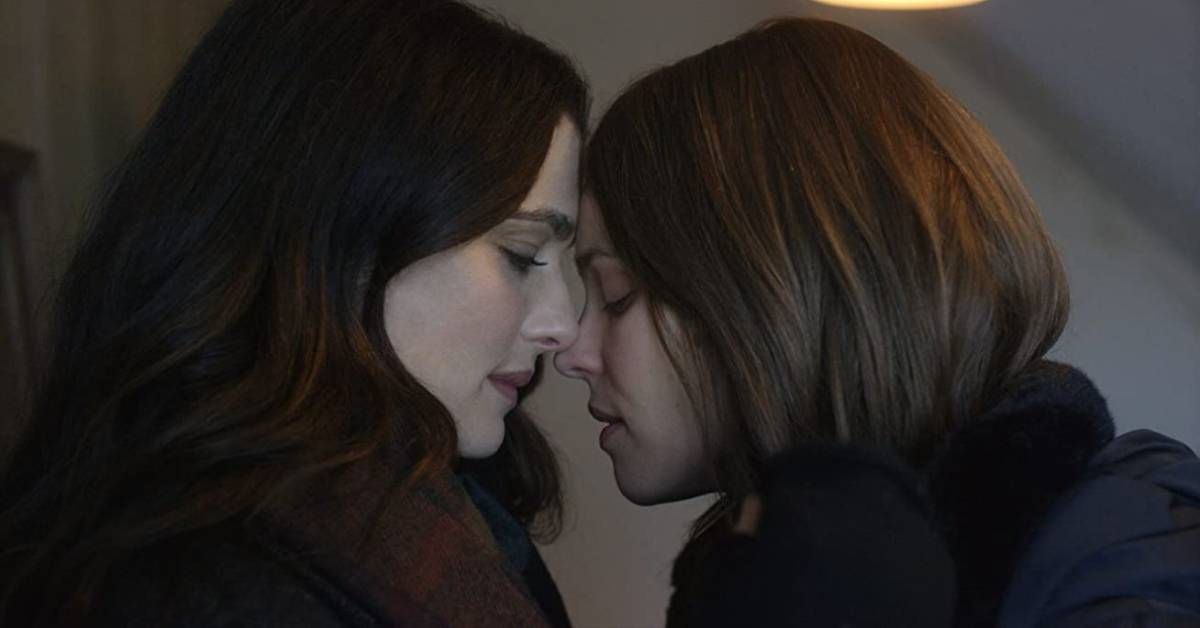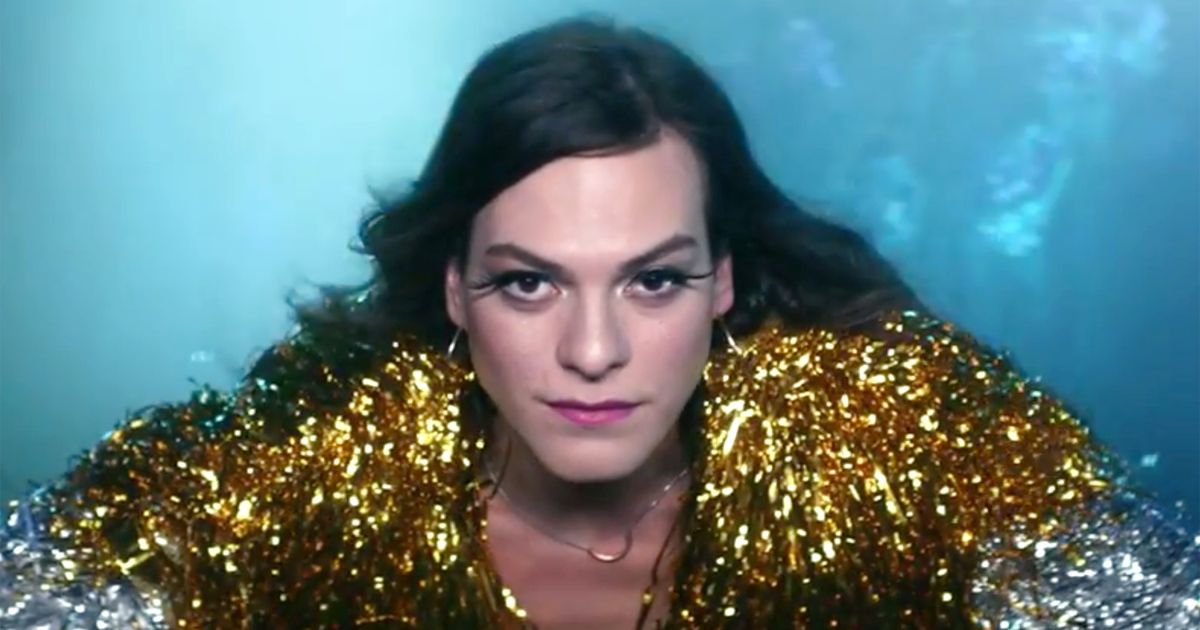Sebastián Lelio is a director whose films are Oscar-winning and BAFTA-nominated, the most recognizable of which would be A Fantastic Woman. Being from Chile, most of his movies are in the Spanish language, but recently, he has begun working in English as well. His Chilean origins also impact the commonly explored theme of religion in his movies. In an interview with The Clinic, he says this is because “in Latin America, the Judeo-Christian version of reality is dominant. Everything is defined in relation to this view: whether you are for or against it, whether or not you escape it.”
Much of Lelio’s work is naturalistic, with sparse scripts allowing for improvisation, giving the dialogue a sense of authenticity. However, more recently, he has also expanded his filmmaking scope to include moments of subtle or more extreme magic realism. It’s the mark of a director with a strong point of view that his movies can be so diverse in their styles and subject matter, but still maintain a tangible through-line of his influence. It’s likely that you’ve heard of the hit A Fantastic Woman, but if you want to take a deeper dive into Lelio’s work, here are all of his movies, ranked.
8 The Year of the Tiger (2011)
The Year of the Tiger stars Luis Dobó as Manuel, whom we meet while he is still in prison before an earthquake brings down the prison’s walls and the inmates make a break for it. What follows is a journey through the real-life wreckage caused by Chile’s 2010 earthquake as Manuel sets out to find his loved ones. Dobó’s central performance is one of the movie’s greatest strengths; it’s good enough that weaker aspects such as awkward pacing can be forgiven to a point. Lelio's cinematographer, M.I. Littin-Menz, employs a handheld camera here, and it suits the movie well, allowing it to walk the line between narrative fiction and environmental fact.
7 The Sacred Family (2005)
Lelio’s first feature, The Sacred Family, is set over three days at Easter when a son and his girlfriend visit his parents. The combination of dynamics at play makes it apparent that the son’s relationship isn’t going to be a lasting one, particularly when his father takes an interest in her. The cinematographer, Gabriel Díaz, uses the same shaky, handheld camera look here that never seems to settle down. The effect might be offputting to some and exciting to others, but it’s never boring. It’s a bold and experimental debut befitting a director with his body of work.
6 Gloria Bell (2018)
Gloria Bell is a remake of Lelio’s original Gloria, this time swapping the Chilean setting for Los Angeles and placing Julianne Moore at its center in the titular role. It follows Gloria, a divorcee who spends her nights going out dancing and desperate to be loved. The issue with Gloria Bell is not that it’s bad — it’s well constructed and acted — but that it has nothing new to say about its recycled plot. Changing the setting hasn’t added or detracted anything, it simply allowed Moore to play the role of Gloria, which she allegedly asked him for. There’s nothing wrong with the movie, but it serves as a reminder of English-speaking audiences’ stubborn attitude to watching international movies.
5 Navidad (2009)
Navidad follows a young couple returning to their abandoned home in search of personal belongings who are startled to discover a teen collapsed in there. They take her under their wing for an evening spent unpacking each of their individual issues. As Lelio’s second feature, Navidad is part of the loose (though narratively unlinked) trilogy formed by his first three movies. They share gritty thematic and stylistic elements before his work became more expansive. While his later work became more streamlined and cohesive, there is much to enjoy in these first three movies.
4 The Wonder (2022)
In a more recent effort, The Wonder is a psychological thriller starring Florence Pugh as Lib. She is a nurse called to Ireland to investigate a young girl who has supposedly not eaten food in months but stays healthy. Unsurprisingly, religion plays a huge role in this movie, with Lib, an atheist, finding herself arguing against the will of the girl’s very religious family. The Wonder is one of Lelio’s movies that takes pains to distance itself from reality, placing emphasis on the fact that it is a story. Lelio handles difficult subject matter gently here in one of his most empathetic movies.
3 Gloria (2013)
In the original Gloria, she is played by Paulina García who does an excellent job in the role. The success of the movie hinges on her performance, and she doesn’t let anybody down. In a review from Alexandra MacAaron, she astutely notes that “Gloria becomes truly beautiful as the movie goes on. As in real life, as we get to know her, we fall in love with her, and the way she appears to us changes.” It’s a wonderful movie layered with nuance about finding and maintaining happiness.
2 Disobedience (2017)
Disobedience stars Rachel Weisz and Rachel McAdams as women who grew up together in an Orthodox Jewish community who, at some point, also had a romantic relationship. Weisz’s character Ronit returns to London from New York City for a funeral and the two reconnect. The trajectory of the plot is unexpected and doesn’t fall into any moments of cliché despite ample opportunity. It’s fascinating to watch the two women discuss their different approaches to religion and sexuality — two quintessentially Lelio themes — with no judgment placed on either of them by the movie.
1 A Fantastic Woman (2017)
In Lelio’s undoubtedly best work, A Fantastic Woman explores the life of Marina, a transgender woman whose partner dies leaving her to deal with his bigoted family. Daniela Vega plays Maria beautifully and with real star power. This movie finds Lelio's tendency toward magic realism working at its best. Moments such as when Marina finds herself battling the elements to an extreme point both create a more vivid and immersive world for her to occupy and emphasize her individuality.

